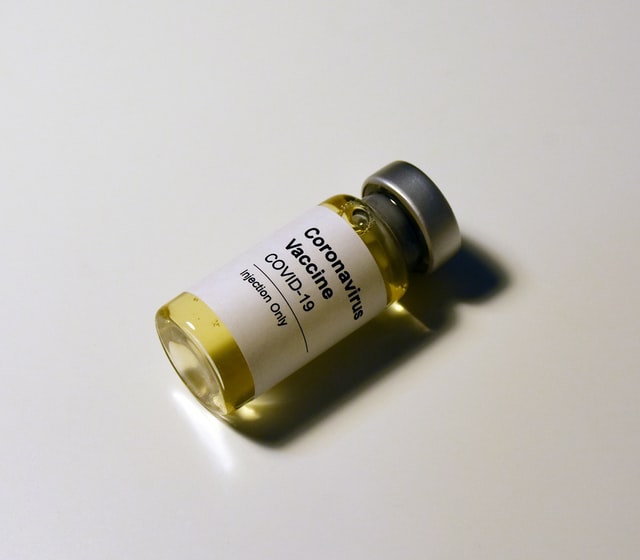Aggregated News

The Covid-19 pandemic has underlined the importance of scientific advice to modern policymaking. But how can the use of expertise in politics be aligned with the needs and values of the public? Drawing on a recent book, Zeynep Pamuk sets out a new model for the relationship between science and democracy.
The Covid-19 pandemic has put scientific advisory bodies under the spotlight as rarely before. The question of how scientific advisers should communicate their guidance in the face of wavering trust in science and scientists has subsequently received much scholarly and public attention over the past two years. But while the focus on scientific advice is certainly important, there is a limit to how far the problems in the relationship between science and politics can be fixed at the advisory stage.
After all, advisers are constrained by the knowledge available to them. Their recommendations depend on earlier decisions about which scientific questions should be pursued and how. To improve the relationship between science and democracy and ensure more effective responses to issues such as pandemics and climate change, we must...



